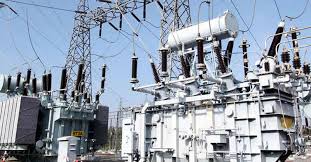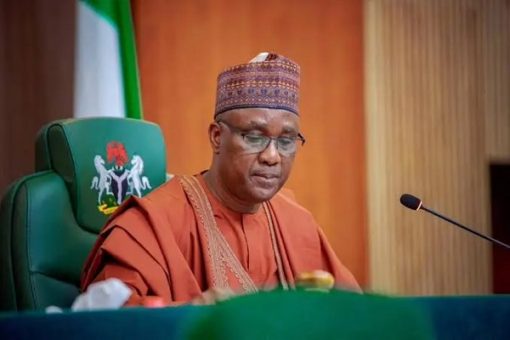Electricity Act 2023 set to recover $29bn GDP loss—UNDP

BY CHUKWUEMEKE IWELUNMO
The United Nations Development Programme (UNDP) has projected that Nigeria’s implementation of the 2023 Electricity Act could reverse energy-related losses estimated at US$25–29 billion annually, equivalent to 5–7 per cent of the country’s Gross Domestic Product (GDP).
The agency noted that improved electricity access and reforms under the Act are already driving meaningful economic gains and investor confidence.
According to Mr Geoffrey Omedo, Technical Specialist – Climate and Energy Finance at UNDP Nigeria, the Electricity Act, signed into law by President Bola Tinubu on June 8, 2023, has begun reshaping Nigeria’s electricity sector by decentralising power regulation and encouraging private-sector-led market structures.
He noted that the transition from a centrally dominated system to a multi-tiered, state-led model is a turning point for Africa’s most populous country.
READ ALSO: Dangote Suspends Petrol Discount as Partners Undercut Prices
Omedo said the endorsement of the National Integrated Electricity Policy (NIEP) by the Federal Executive Council on May 5, 2025, marks a strategic step in unlocking the country’s power sector.
He emphasised that the creation of the Nigeria Independent System Operator (NISO), separating grid operations from infrastructure ownership—has already begun to raise operational efficiency and boost industry confidence.
Under the new law, states are actively asserting control over their electricity markets. As of June 2026, 16 states, including Enugu, Ekiti, Ondo, Lagos, Delta, Ogun, Oyo, and Edo, have enacted their electricity laws, with nine of them officially notifying the Nigerian Electricity Regulatory Commission of their intent to operate independent state markets. Enugu, Ekiti and Ondo are fully managing their power generation and distribution chains.
The reforms are translating into real results. In Ekiti East’s Aiyekire Local Government Area, electricity has returned after more than a decade of blackout. In Abia State, a partnership with independent power producer Geometric Power has delivered over 23 hours of uninterrupted electricity to industrial zones, reviving factories, creating jobs, and stimulating local economies.
Omedo highlighted how a reliable power supply is transforming communities, improving education and healthcare delivery, and restoring investor trust.
He stated that these early gains underscore the Act’s ability to drive inclusive growth, tackle productivity constraints, and improve living standards nationwide.
If sustained, the reforms spurred by the Electricity Act 2023 are expected to significantly reduce Nigeria’s power sector inefficiencies, expand access to cleaner energy sources, and position the country for long-term economic competitiveness.










